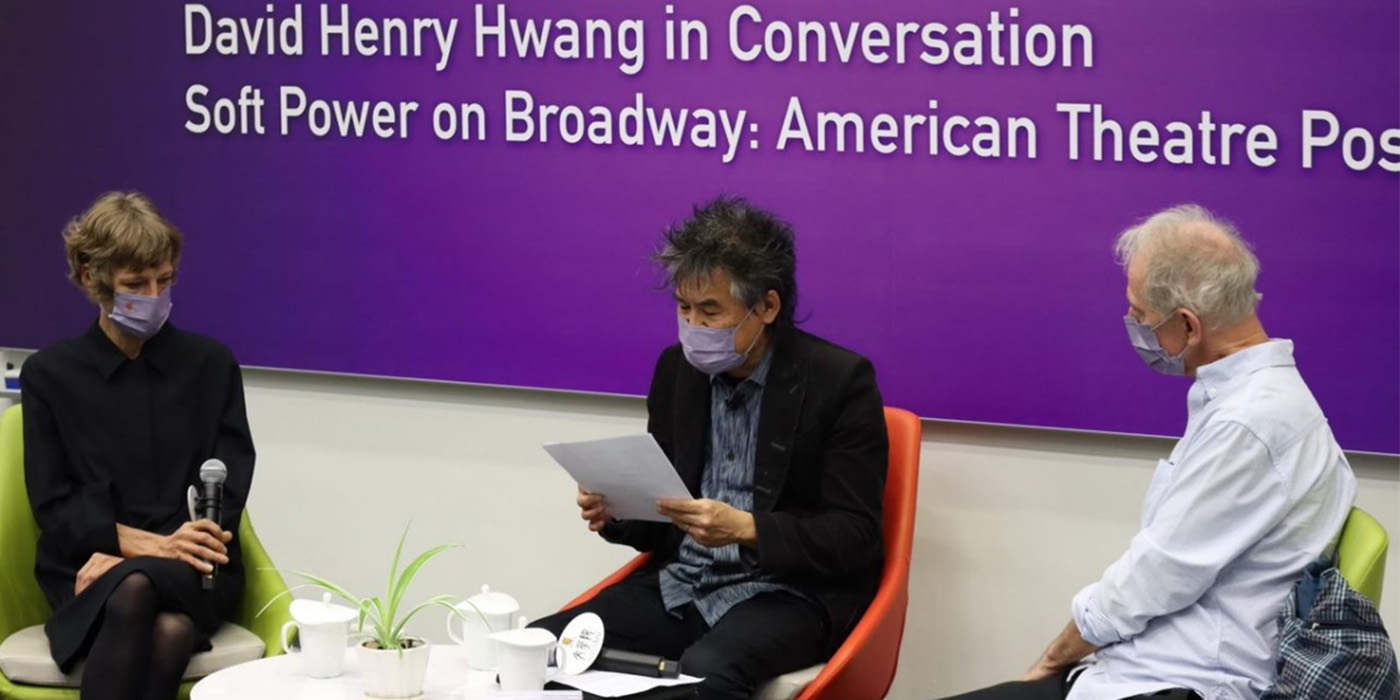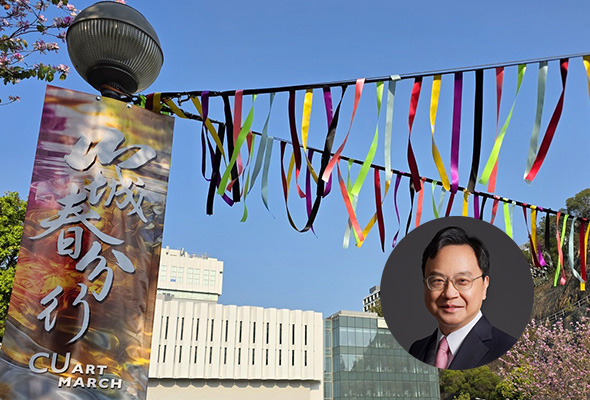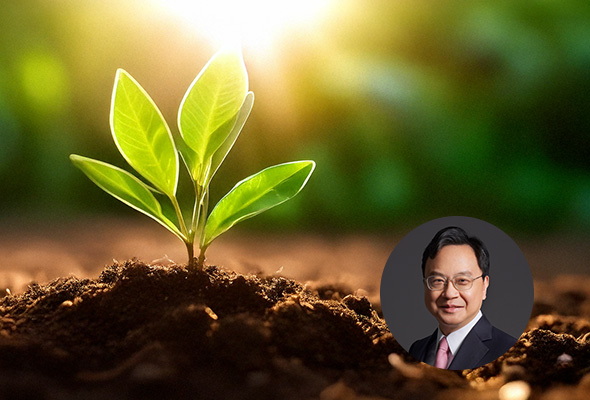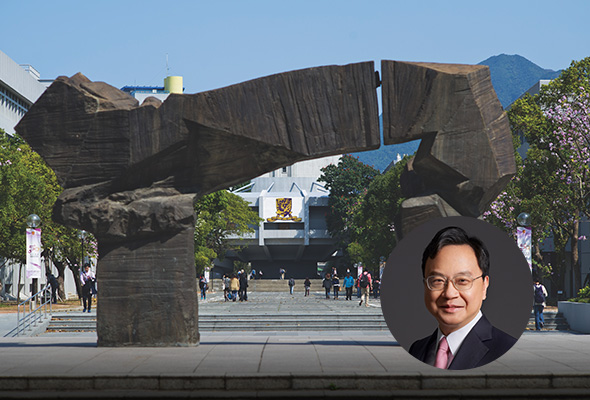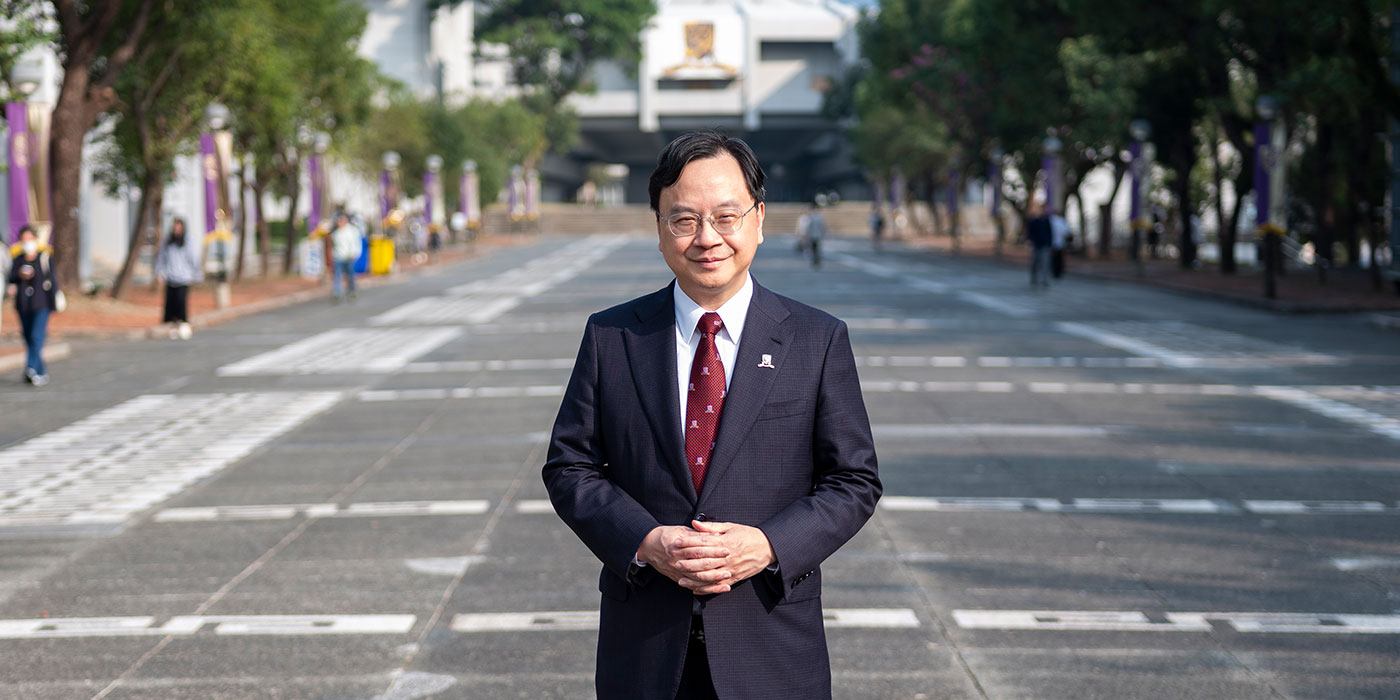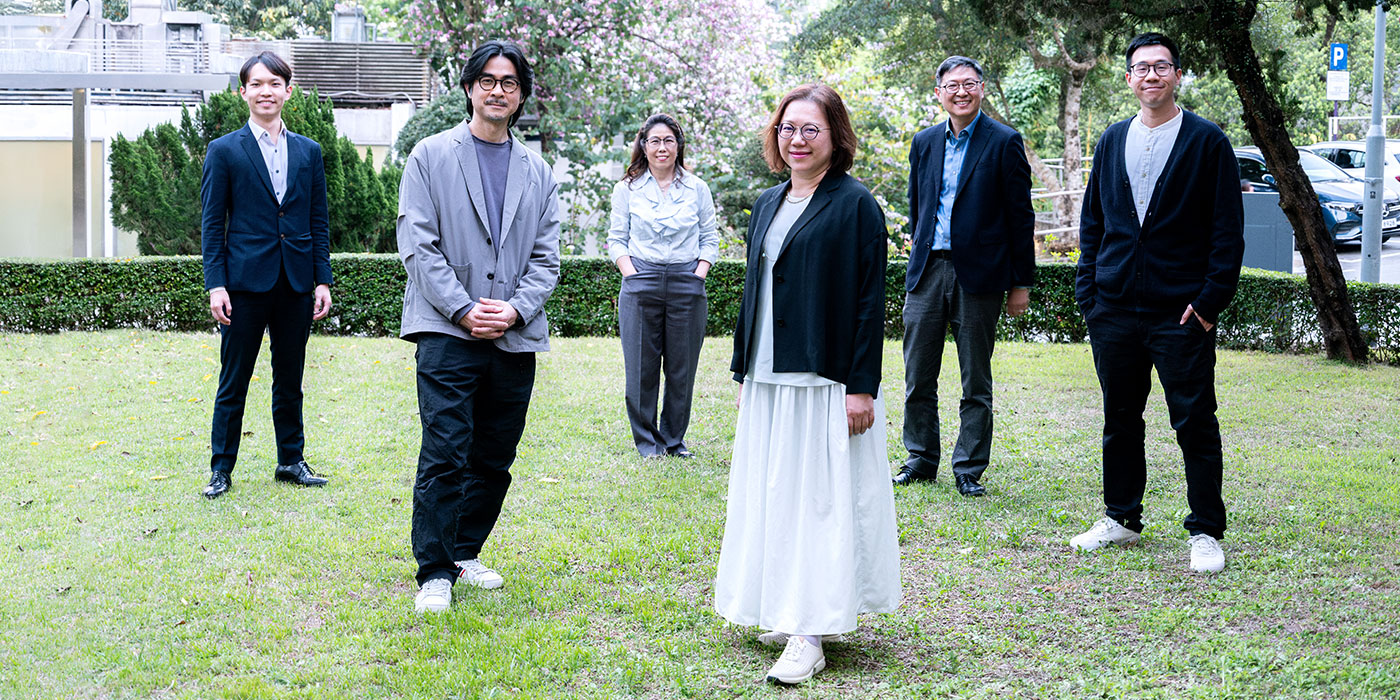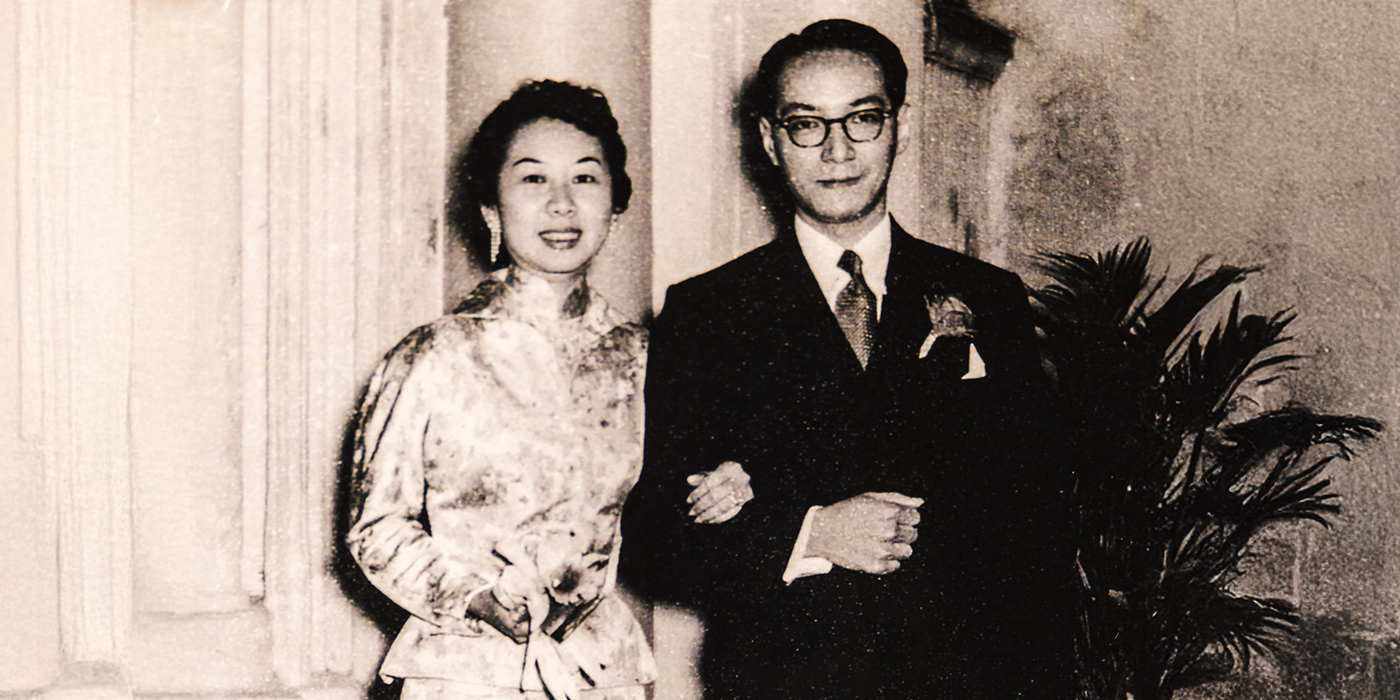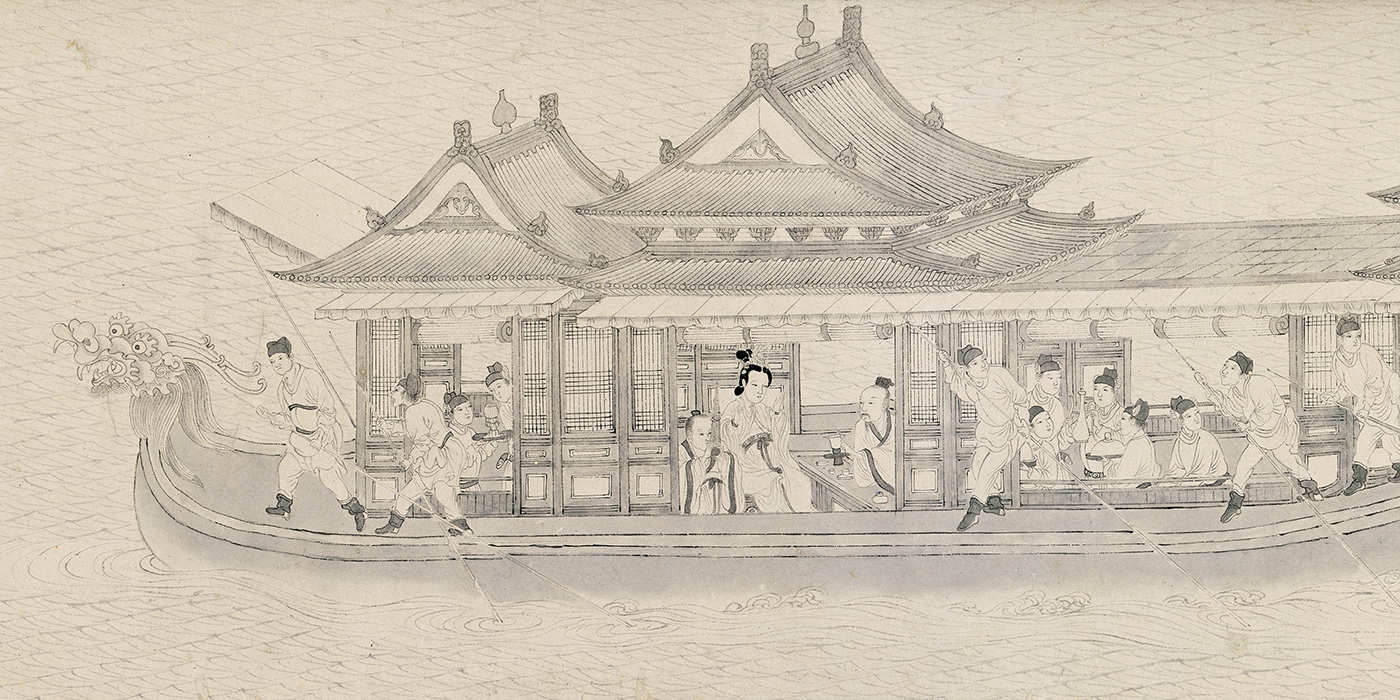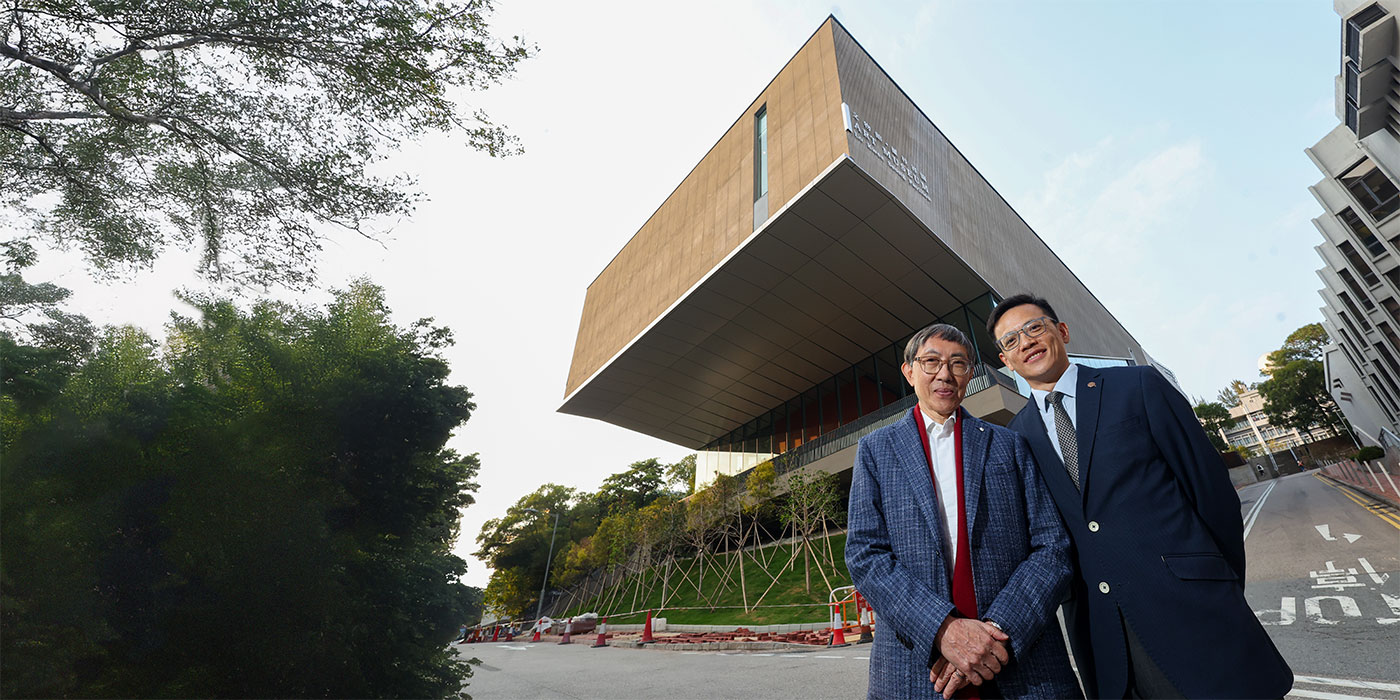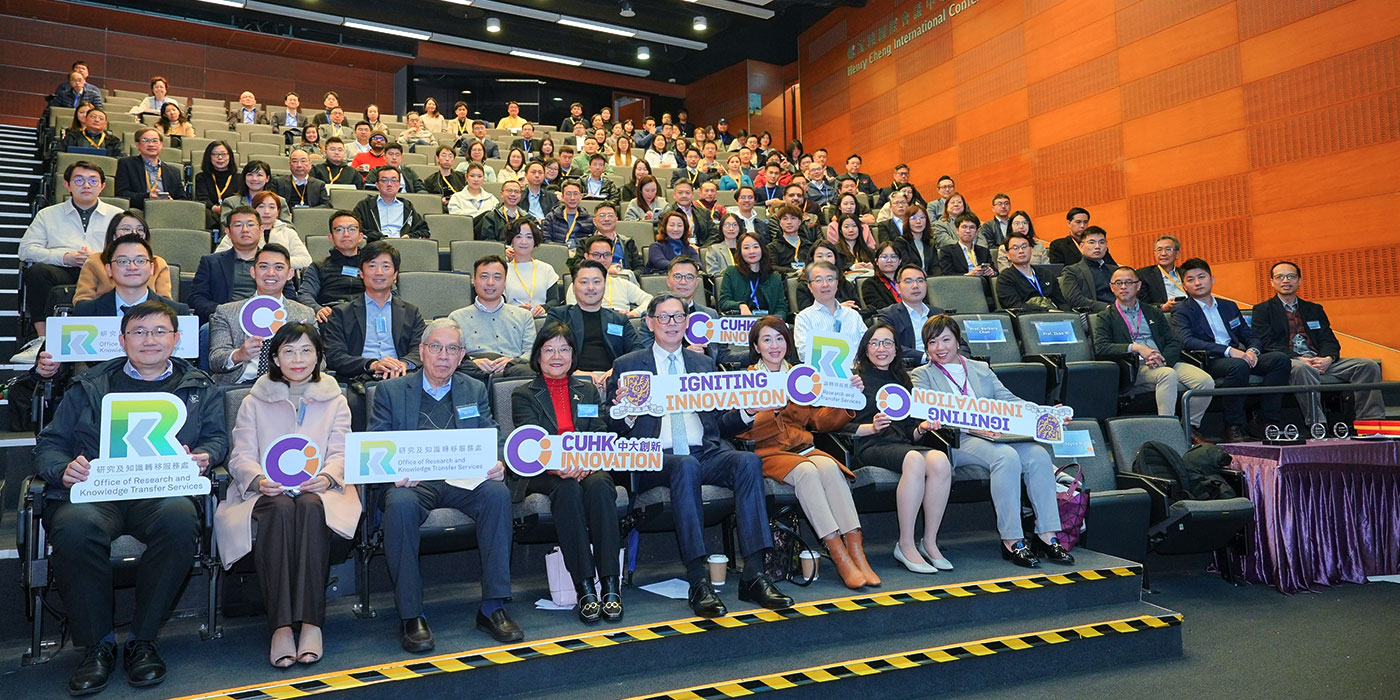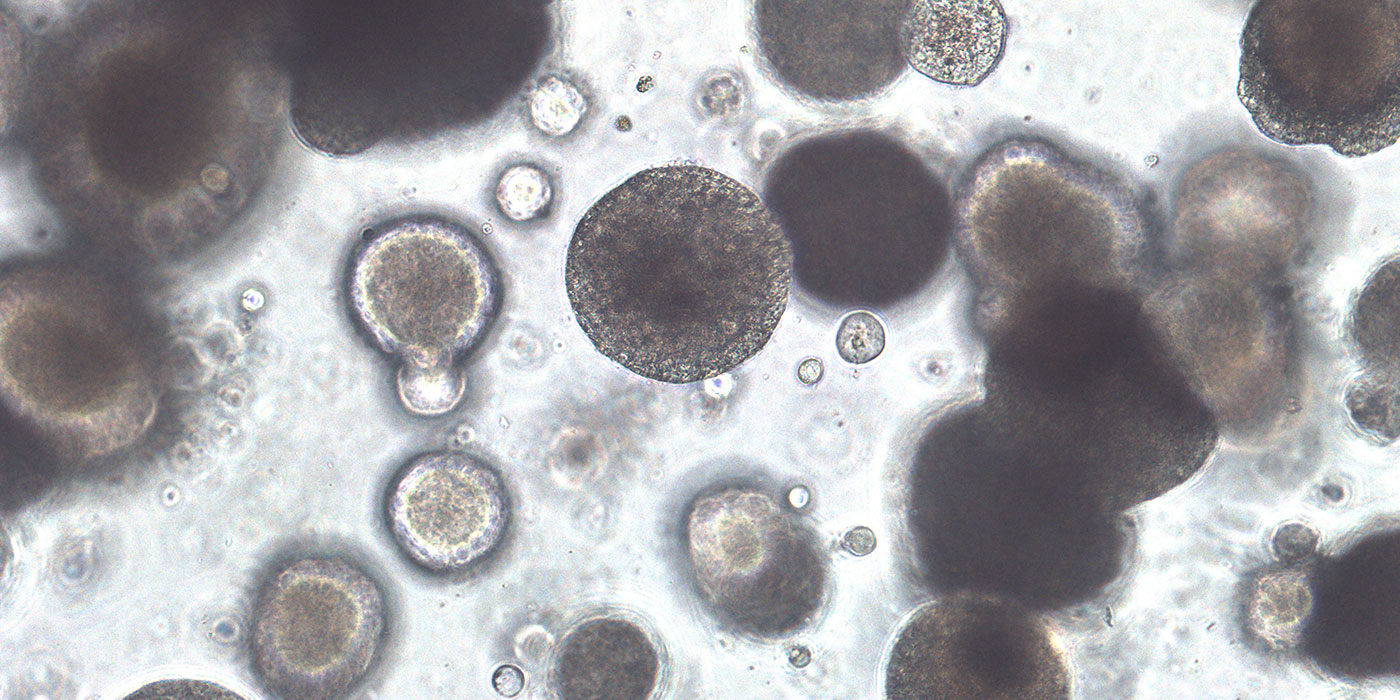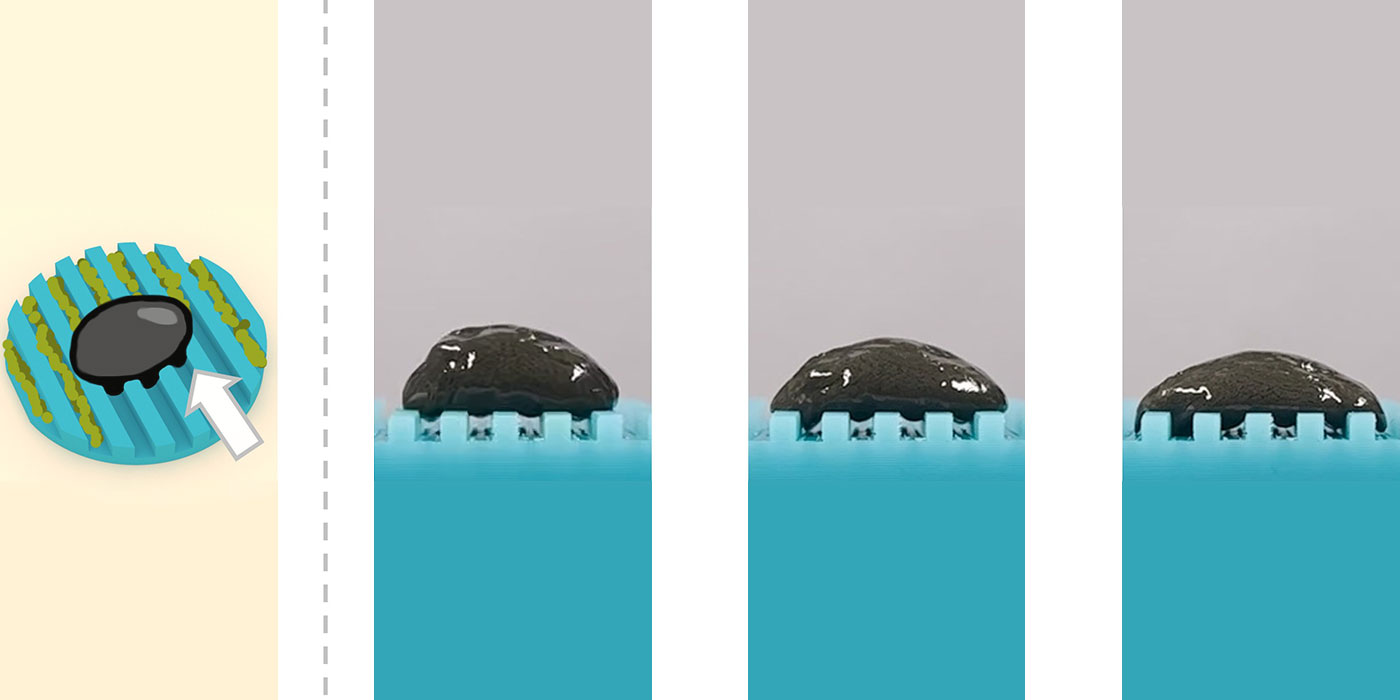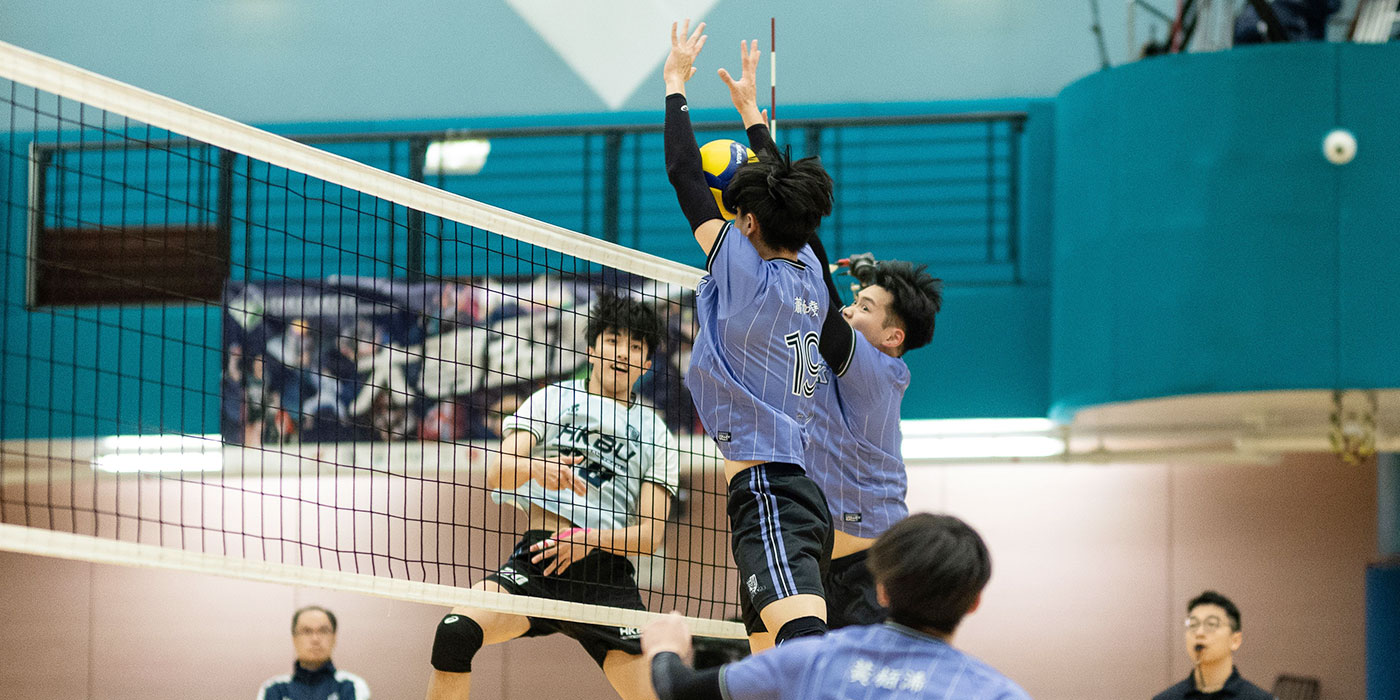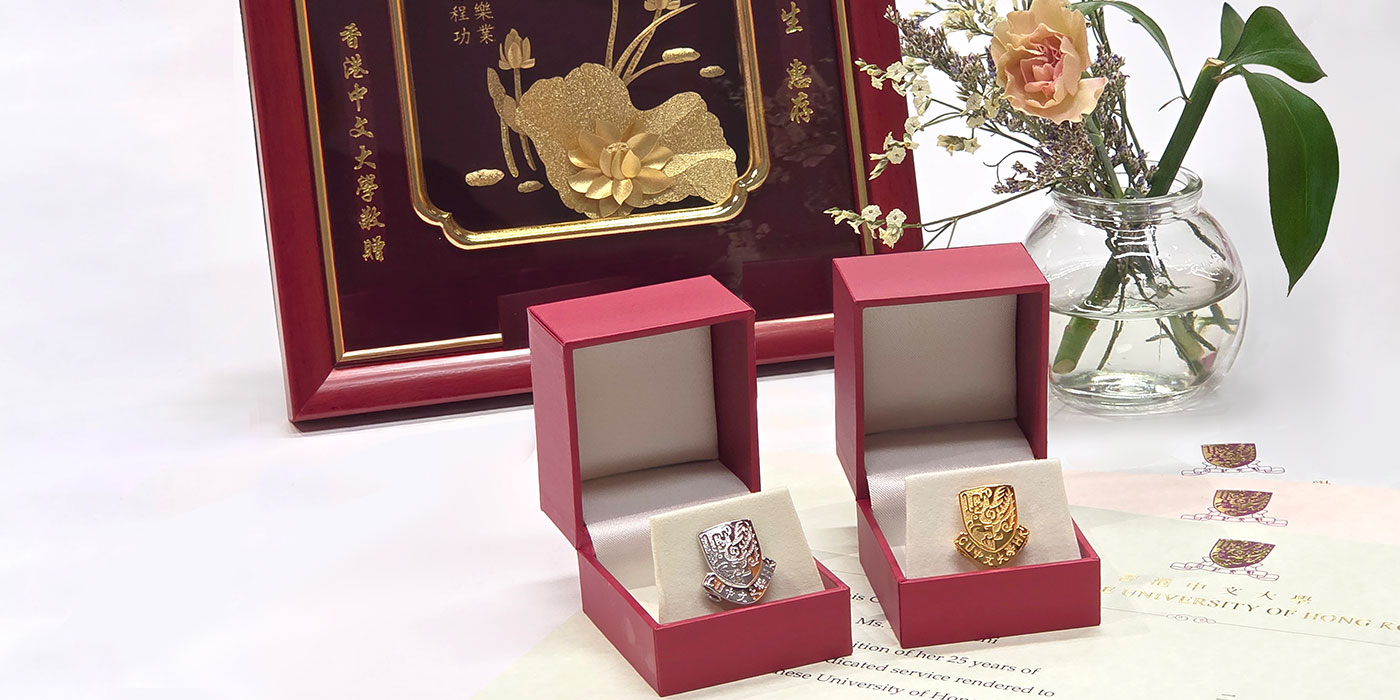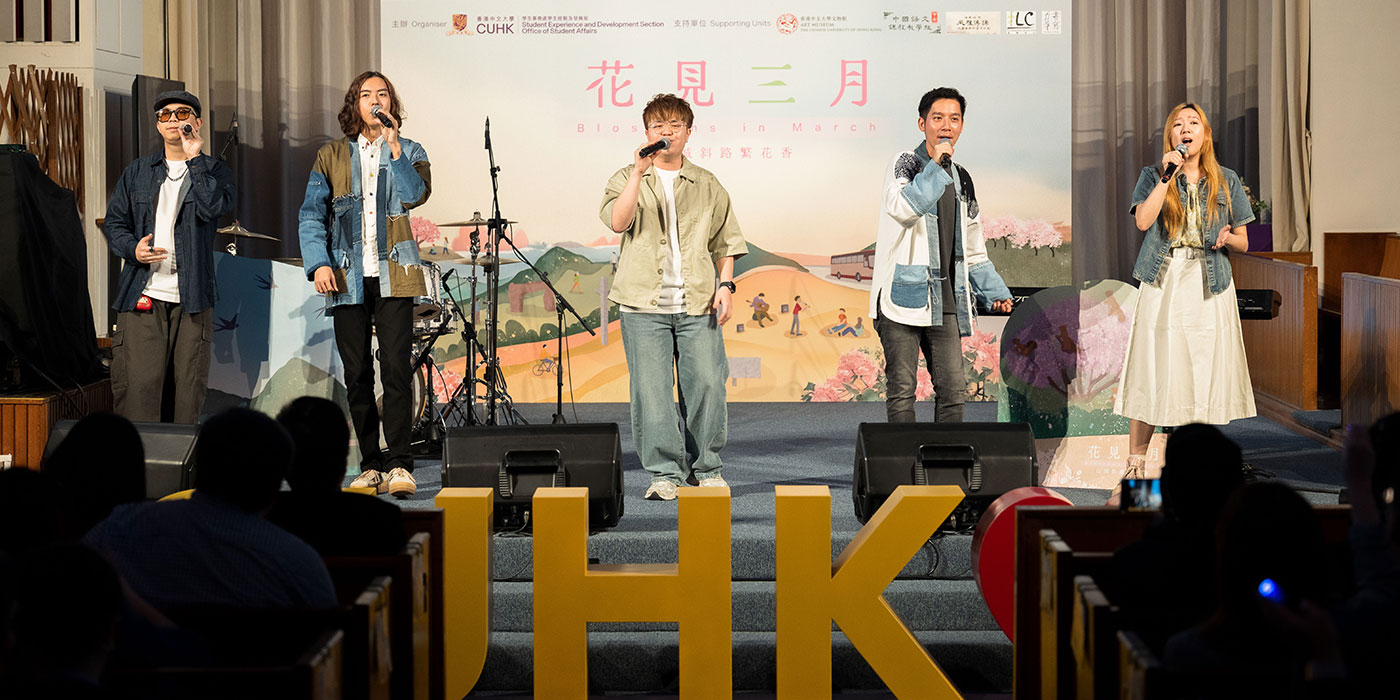Dreaming of America
On 2 December 2022, esteemed American playwright David Henry Hwang visited CUHK in his first trip to the city in four years. Invited by the Faculty of Arts and the Department of English, he joined two professors from the department to discuss his latest musical, Soft Power, in a talk titled “David Henry Hwang in Conversation – Soft Power on Broadway: American Theatre Post-pandemic”.
Introducing Professor Hwang, Laurie Pearcey, Associate Vice-President (External Engagement and Outreach), listed Professor Hwang’s many achievements in modern theatre, and mentioned how his works had “challenged every representation, every myth, every stereotype” prevalent in the West about the “Orient”. Professor Hwang was then introduced to the stage and gave the audience a short reading from the play, a monologue which detailed the aftermath of a stabbing that the protagonist falls victim to.
Soft Power came from an intensely personal place, stemming from a racially motivated assault the author experienced back in 2015. Having been stabbed in the neck in a racially motivated attack, the protagonist enters a musical “fever dream” where he imagines America being viewed in the same simplistic way by the Chinese as the former views other countries. This “musical within the play” takes inspiration from, and subverts, the classic Rodgers and Hammerstein musical The King and I, which Professor Hwang confessed to adoring as a child but finding increasingly problematic in the light of recent developments in racial politics. This push and pull, the professor says, has been at the centre of his career, which he calls his attempt to manoeuvre “levers of American pop culture” in order to deconstruct the power relationships behind them.
During the talk, Professors Joanna Mansbridge and Michael Ingham of the Department of English discussed with Professor Hwang the origins and interpretations of his latest opus. Professor Hwang also talked about his most enduring work, the gender-bending M. Butterfly, and how Broadway theatre was adapting to a post-COVID world. Taking questions from the gathered staff and students, the playwright discussed how works from different cultures and ethnicities were being put onstage, and the delicacy that lies behind “expanding the canon”. Despite the time constraints, Professor Hwang stayed behind to chat with audience members and discuss his works, both past and present, as well as the general state of American theatre.

